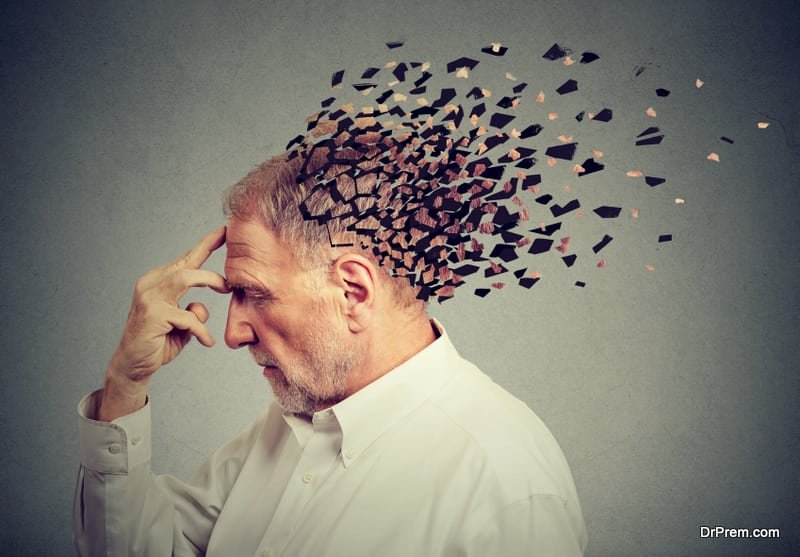Brain and ENT Clinic – Dr Lalit Mahajan In Nagpur & Dr Rachna Gangwani Mahajan In Nagpur
Memory loss in Satna

Memory loss in Satna , also known as amnesia, is a condition characteriz by a partial or complete loss of memory. It can affect short-term memory, long-term memory, or both. Memory loss can be temporary or permanent, and it can result from various causes, including medical conditions, injuries, psychological factors, or the natural aging process.
Memory loss refers to the inability to recall information that was previously learned or experienced. It can affect various aspects of memory, including short-term memory, long-term memory, or both. Memory loss can be temporary or permanent and may result from various factors, including normal aging, medical conditions, injuries, psychological factors, or lifestyle choices.
Types of Memory Loss
Short-Term Memory Loss:
- Short-term memory involves the ability to hold and recall information for a brief period, typically seconds to minutes. Short-term memory loss may manifest as forgetfulness about recent events, difficulty retaining new information, or an inability to recall recent conversations.
Long-Term Memory Loss:
- Long-term memory involves the storage and retrieval of information over an extended period, from minutes to years. Long-term memory loss can result in the inability to remember significant life events, personal experiences, or factual knowledge acquire over time.
Anterograde Amnesia:
- Anterograde amnesia is characterize by difficulty forming new memories after the onset of amnesia. Individuals with anterograde amnesia may have intact memories of events that occurred before the onset of the condition but struggle to create new memories.
Retrograde Amnesia:
- Retrograde amnesia involves the loss of memories that were form before the onset of amnesia. Individuals may have difficulty recalling events or information from their past.
Causes of Memory Loss
- Normal Aging: Mild memory changes are a normal part of aging, often referre to as age-relate cognitive decline.
- Medical Conditions: Conditions such as Alzheimer’s disease, dementia, traumatic brain injury, stroke, and certain neurological disorders can lead to memory loss.
- Psychological Factors: Stress, anxiety, depression, and other mental health conditions can impact memory function.
- Medications: Some medications may have memory-relate side effects.
- Substance Abuse: Excessive alcohol or drug use can contribute to memory impairment.
- Sleep Deprivation: Lack of adequate sleep can affect cognitive function, including memory.
- Nutritional Deficiencies: Inadequate nutrition, particularly deficiencies in vitamins and minerals, can impact cognitive health.
Treatment of Memory loss
Addressing Underlying Medical Conditions:
- If memory loss is due to an underlying medical condition, treating that condition is crucial. Medical conditions such as Alzheimer’s disease, vascular dementia, thyroid disorders, or vitamin deficiencies may contribute to memory problems.
Medication Management:
- In some cases, medications may be prescribe to address memory loss, especially if it is associate with a neurological or psychiatric condition. For example, medications use to treat Alzheimer’s disease may be prescribe in certain situations.
Managing Lifestyle Factors:
- Healthy lifestyle habits can positively impact memory function. This includes regular exercise, a balanced diet, adequate sleep, and stress management. Physical activity has been shown to have cognitive benefits and may contribute to overall brain health.
Cognitive Rehabilitation and Training:
- Cognitive rehabilitation and training programs may be beneficial for individuals experiencing memory loss. These programs, often guide by healthcare professionals or neuropsychologists, aim to improve cognitive function through specific exercises and activities.
Memory Aids and Strategies:
- Implementing memory aids and strategies can help compensate for memory difficulties. This may include using calendars, reminder apps, notes, and other tools to assist in organizing and recalling information.
Social Engagement:
- Maintaining social connections and engaging in stimulating activities can support cognitive function. Regular social interaction and participation in activities that challenge the mind may have positive effects on memory.
